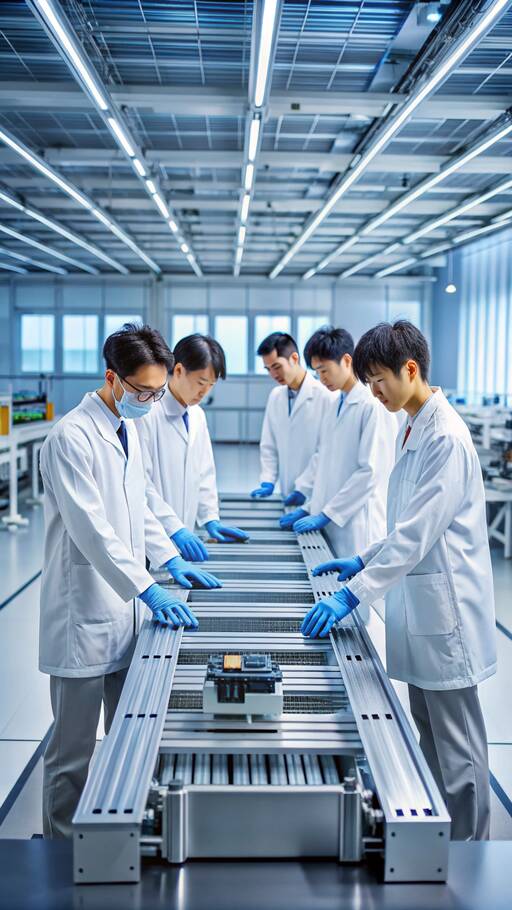
Honda has unveiled a test line for its solid-state battery production at its R&D center in Sakura City, Japan. This line is designed for rapid experimentation with cell sizes and production methods. Honda's proprietary design aims for cost-effective solutions from the outset, positioning the company ahead in a competitive market.
These batteries are destined for more than just electric vehicles. Honda plans to integrate them across various mobility products, including motorcycles and aircraft. Engineers are already aligning design and production processes to ensure a smooth transition to these advanced cells.
Spanning 300,000 square feet, Honda's test line facilitates detailed experimentation, covering:
- Electrode material weighing and mixing
- Electrode film coating
- Anode, cathode, and solid electrolyte assembly
- Module assembly for complete battery systems
Creating these cells involves intricate processes akin to semiconductor fabrication. Honda is leveraging its ability to prototype quickly to refine materials and processes, aiming for cost-effective, scalable production.
The innovative "roll-processing technique" is key, allowing high-density assembly of layers in a continuous method, which cuts costs and boosts efficiency.
While solid-state batteries promise immense benefits—higher power, energy density, and faster charging—mass market entry remains challenging. Despite their potential cost, Honda is optimistic about achieving price competitiveness with existing technologies.
Though Toyota and Stellantis are also exploring solid-state designs, substantial hurdles remain. Until a breakthrough occurs, traditional lithium-ion cells will continue to dominate, powered by varied chemistries like nickel-cobalt-manganese and lithium-iron-phosphate.
Honda's proactive approach marks a pivotal step toward realizing the potential of solid-state batteries. While full commercialization is not imminent, Honda's dedication to innovation signals a promising direction for the future of mobility.
Summary: Honda's new test line in Japan marks a significant development in solid-state battery technology. These proprietary cells aim for broad application, promising efficiency and cost-effectiveness. Despite industry challenges, Honda is poised to influence the next wave of automotive innovation.